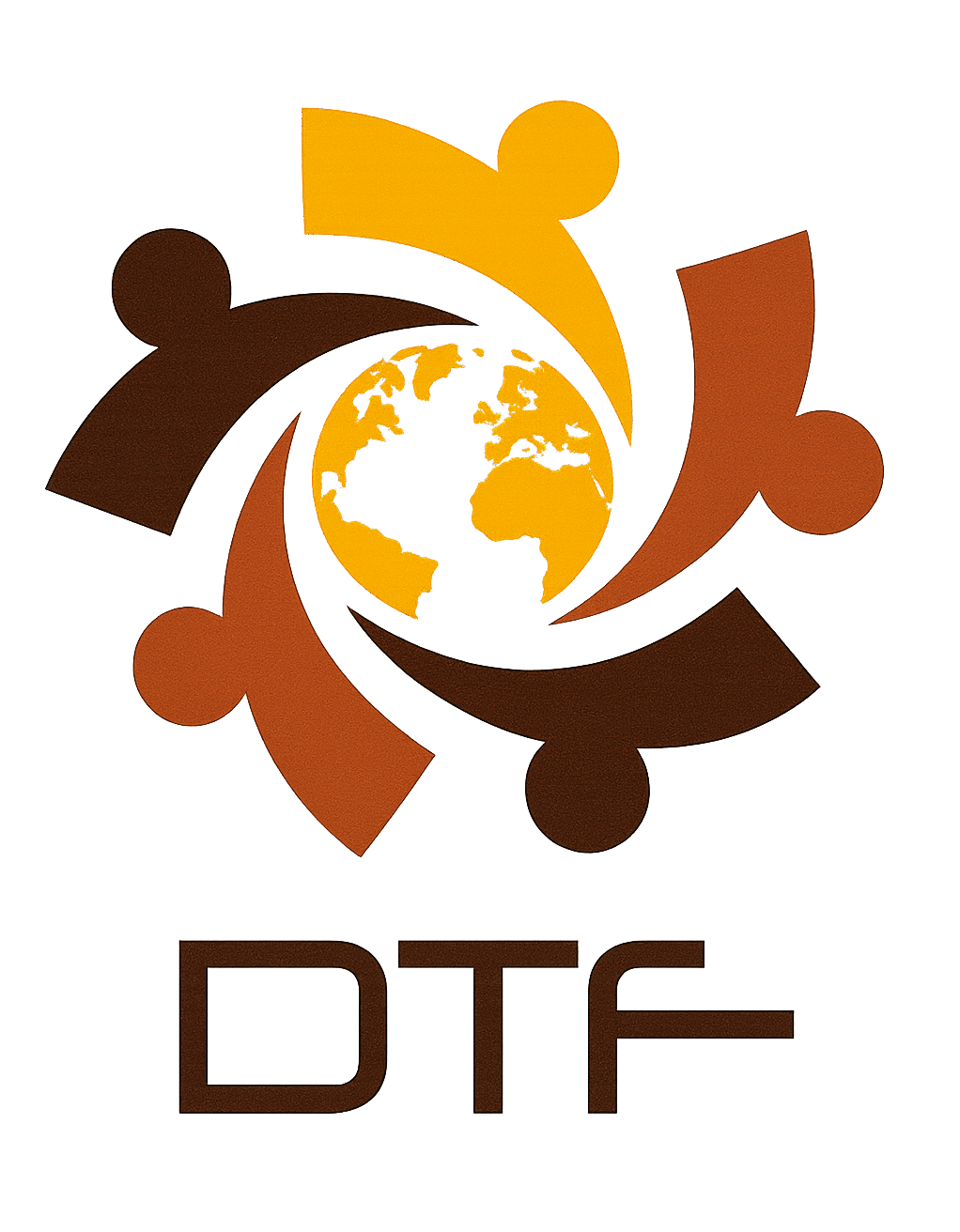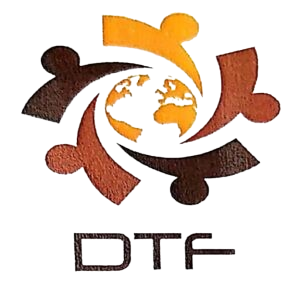By: Ajibola Aishat Oluwafunke, Nigeria
The African Continental Free Trade Area (AfCFTA) is a revolutionary vision for the continent. It is not just a way to boost the economy, bring about peace, and keep the region stable, but it might also change the way work is done in Africa in the future. People frequently talk about AfCFTA in terms of commerce and investment, but it’s just as crucial to understand how it will affect the way people work and how it will help solve long-standing problems like informality, inequality, and fragmentation in the African workforce. AfCFTA is a good time to put the African labor agenda into sharper focus because global labor movements are pushing for more inclusive growth, fair work, and protection from economic shocks.
The development of a single African market with 1.3 billion people is projected to help diversify the economy, enhance commerce between African countries, and attract more international investment. But creating good jobs must go along with economic growth. There is a chance to create millions of jobs in several fields, including manufacturing, logistics, digital services, and agriculture, as new markets emerge and businesses grow. But it’s important that these jobs are good ones. Without protections, workers could be taken advantage of, not get paid enough, or work in unsafe conditions. So, it will be very important to include labor standards like fair pay, the right to collective bargaining, and safety at work in the AfCFTA’s implementation to make sure that growth is fair and long-lasting.
The informal sector, which employs more than 80% of Africa’s workers, is still a big problem across the continent. These workers, who are mostly women and young people, are in a precarious situation, have no social security, and don’t have much say in economic decisions. AfCFTA can be a way to make informal employment more official by bringing together small-scale traders, craftspeople, and gig workers into organized value chains. This is possible since it harmonizes trade and industrial rules. Member states may turn informal work into a ladder of upward mobility by supporting skill development, social protection systems, and inclusive labor regulations. This is in line with global goals like the ILO’s Decent Work Agenda and the UN Sustainable Development Goals.
AfCFTA might also help create a new spirit of solidarity among workers across the continent. Trade unions, worker cooperatives, and civil society groups can work together more easily across national borders as they become more open to goods and services. The growth of regional production centers should also foster communication between governments, businesses, and labor groups to make sure that economic clusters don’t turn into places where workers are not protected or are taken advantage of. Instead, they should be places where new ideas are born, rights-based jobs are created, and people may improve their skills.
When there is peace and stability, economic growth that includes everyone and pulls people out of poverty is a big reason why people don’t get angry. AfCFTA can help deal with the core causes of violence, especially in areas that are still recovering from war or are very vulnerable, by lowering inequality and making sure that everyone has access to decent jobs. AfCFTA’s promise to make laws more predictable and strengthen institutions can also improve the way the labor market works, how disputes are resolved, and how open it is, all of which will help make Africa more stable and united.
In conclusion, AfCFTA is not only the largest free trade area in the world by the number of nations involved since the World Trade Organization (WTO), but it is also a chance to change the future of work in Africa. Its promise must go beyond business to include giving workers more authority, protecting their rights, and reducing poverty through growth that includes everyone. To make sure that the advantages of trade don’t just go to elites and big businesses, but also to the millions of people whose work is the backbone of the continent’s economy, AfCFTA needs to be in line with labor-focused frameworks and worldwide worker movements.
Ajibola Aishat Oluwafunke
Socialist workers and youth league blog (SWL), University Graduates of Nursing Science Association (UGONSA)& National Association of Nigeria Nurses and Midwives(NANNM).
Nigeria

